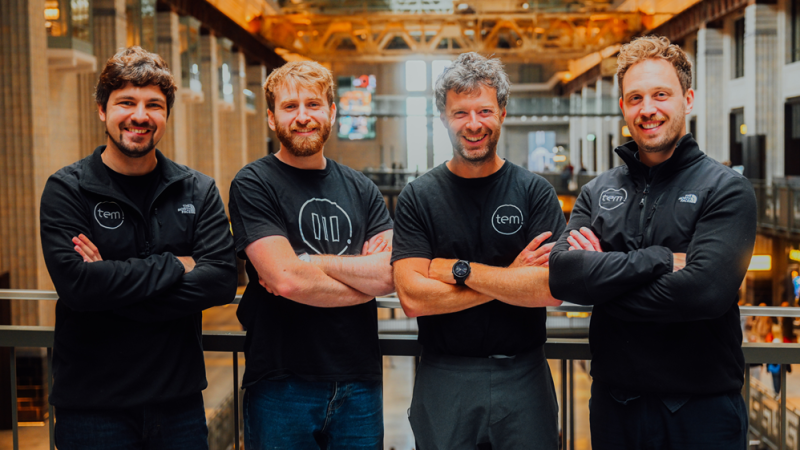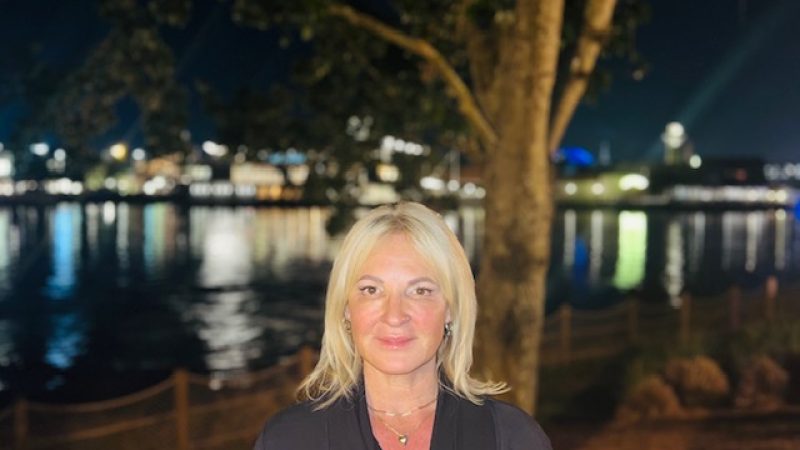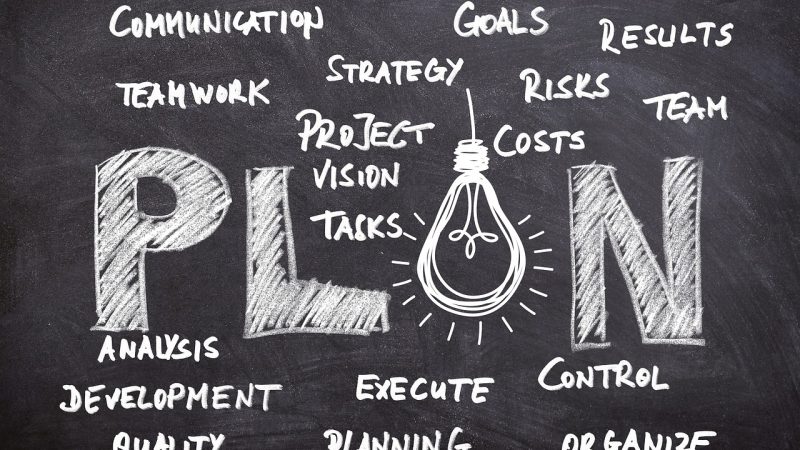There are days when work drags on like chewing gum, perhaps because you have to complete a task that is too easy, too repetitive or too uninteresting then you need a break for a live casino. Other days, you may face a task that’s too challenging and you’re just not making progress. And then there are moments when you’re “in flow”: a psychological state in which you’re so engrossed in an activity that time and self-awareness fade into the background.
In the flow state, actions flow effortlessly and you are completely concentrated and focused. You experience a sense of control and simultaneous loss of self-awareness. Experiencing flow can be very rewarding, fill you with satisfaction and energy, and make you especially productive.
What is flow?
The term “flow” was coined by Hungarian psychologist Mihály Csíkszentmihályi, who is considered one of the co-founders of Positive Psychology and explored the concept in the 1970s. Csíkszentmihályi uses it to describe a state of total immersion in an activity:
“The ego falls away. Time passes. Every action, every movement and every thought inevitably follows on from what has gone before, like playing jazz. Your whole being is involved and you use your abilities to the utmost.”
You can achieve the flow state in activities of any kind. The prerequisite, however, is that it be a challenge in which your abilities are in harmony with the demands of the task. That is, the task is neither too easy (which would bore you) nor too hard (which would frustrate you), but calibrated just right in terms of difficulty. As a result, you know what to do next at all times and without thinking, you don’t have to actively concentrate (rather, concentration comes naturally), and you can, in a sense, merge with the task in such a way that hours feel like minutes.
Some characteristic features of the flow state are:
- Concentration and focused attention on the present activity.
- A sense of challenge where your skills are aligned with the demands of the task
- A clear sense of purpose and direct feedback on progress
- A sense of control over actions
- An altered sense of time, where time can appear to either slow down or speed up
- A sense of intrinsic motivation and enjoyment of the activity itself
What happens in the brain during the flow?
Scientists have studied what happens in the brain during flow. Although research on this highly subjective experience is ongoing, two theories have emerged, according to a 2020 review study:
Transient hypofrontality hypothesis: some research has found that a flow state is associated with a decrease in activity in the prefrontal cortex of the brain. This area of the brain is essential for higher cognitive functions, including memory and self-awareness. Reduced activity in this region could explain why people in the flow state experience a distorted sense of time and a loss of self-awareness. As a result, there are more resources available for executing automated processes, through which one does not need to think much about what to do next in the flow state.
Synchronization theory: The synchronization theory of the flow experience (STF) assumes that flow is characterized by the synchronization of cognitive control and reward mechanisms in the brain. According to this theory, flow allows certain regions of the brain to communicate more effectively with each other. In a flow state, there may be increased activity in the frontal cortex, making you better able to control and coordinate your activities.
According to Medical News Today, there is further research suggesting that the dopamine reward system plays an important role in connection with the flow state. Dopamine is a chemical messenger in the brain associated with feelings of motivation, pleasure and reward. It also plays a role in regulating physical sensations such as hunger.
It has been observed that individuals in the flow state have increased levels of dopamine. This could explain why they may not notice hunger or fatigue, as dopamine can help temporarily suppress these physical needs.







